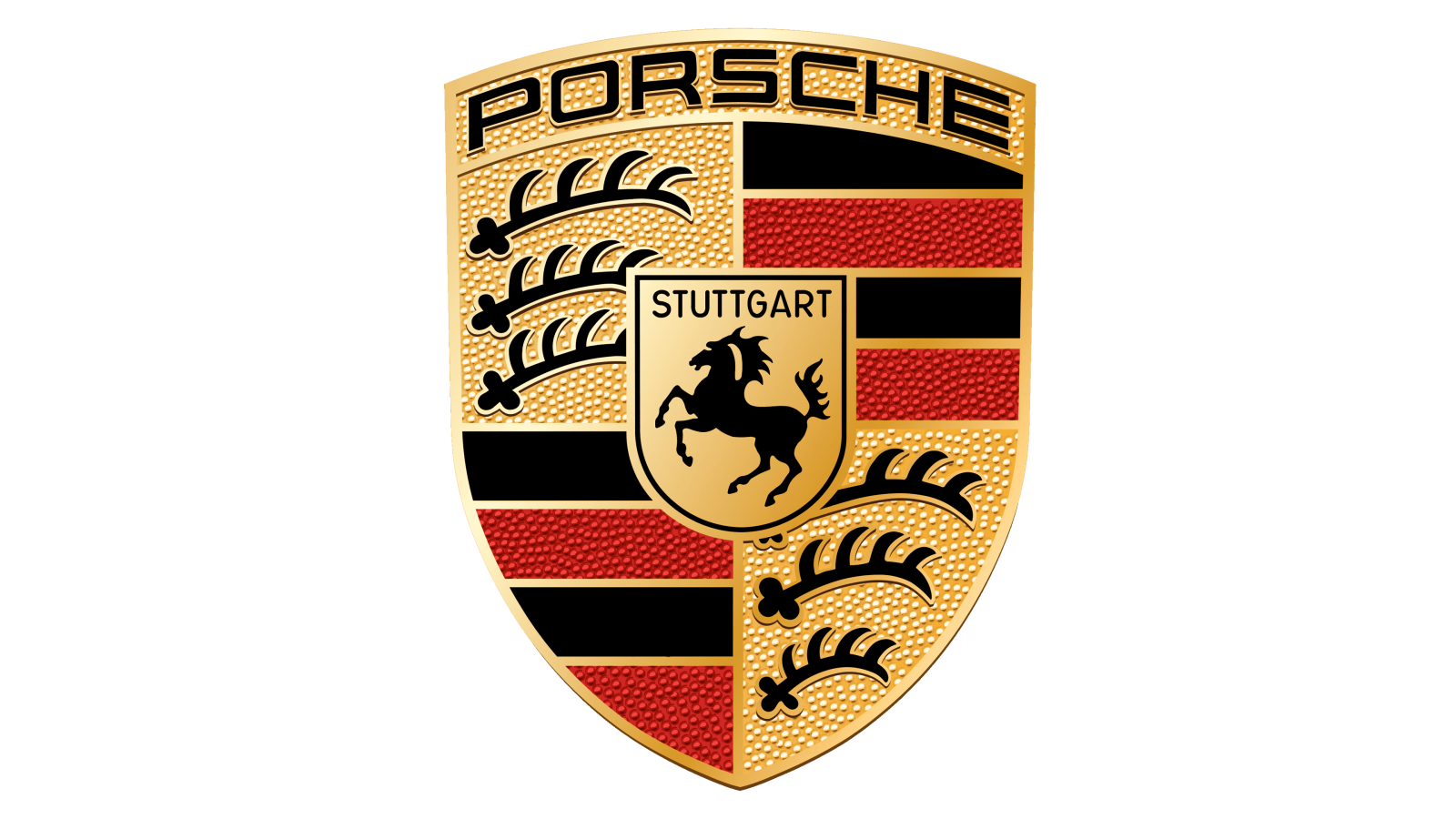
Porsche (POAHY) is a renowned German automotive manufacturer that specializes in high-performance sports cars, SUVs, and sedans. Founded in 1931 by Ferdinand Porsche, the company initially offered automotive consulting and development services. However, it gained widespread recognition and success through its own production of iconic sports cars.
Porsche vehicles are known for their sleek design, exceptional engineering, and exhilarating performance. They have established a reputation for delivering a thrilling driving experience and precision handling.
In the age of electric vehicles (EVs), Porsche successfully launched their first EV, named Taycan, in 2019. The company has long-term plans to electrify 80% of its fleet but some of their models may never make the changeover.
Thus, Porsche has plans to use eFuels to maintain its brand identity in the EV era.
eFuels, short for "electrofuels" or "synthetic fuels," are a type of fuel that is produced using renewable energy sources and carbon dioxide (CO2) captured from the atmosphere. They are considered a potential alternative to conventional fossil fuels, such as gasoline and diesel, as they have the potential to significantly reduce greenhouse gas emissions and contribute to a more sustainable energy system.
The production process of eFuels typically involves several steps. First, renewable energy sources like solar or wind power are harnessed to generate electricity. This electricity is then used to power the electrolysis of water, splitting it into hydrogen and oxygen. The hydrogen is then combined with captured CO2, usually sourced from industrial emissions or directly from the air, through a chemical process known as the Fischer-Tropsch synthesis. This process results in the production of liquid hydrocarbon fuels, such as gasoline, diesel, or kerosene, which can be used in existing combustion engines without significant modifications.
One of the key advantages of eFuels is that they can be used as drop-in replacements for conventional fuels, which means they can be used in existing vehicles and infrastructure without requiring major changes.
Converting its 1.4 billion global fleet to EVs might take too long to meet climate change goals, hence, the decision to invest $100 million in eFuels.
Critics argue eFuel will be too expensive and inefficient to compete with electrification. But Porsche says costs can be reduced to a level acceptable for customers willing to pay more for classic vehicles and high-end sports cars.
The European Commission recently excluded eFuels in a proposed ban on internal combustion engines, making Porsche well-positioned to speed up its electrification plans.
For trading ideas, see “electric vehicle stocks for a healthier planet.”
On the date of publication, Andy Mukolo did not have (either directly or indirectly) positions in any of the securities mentioned in this article. All information and data in this article is solely for informational purposes. For more information please view the Barchart Disclosure Policy here.






